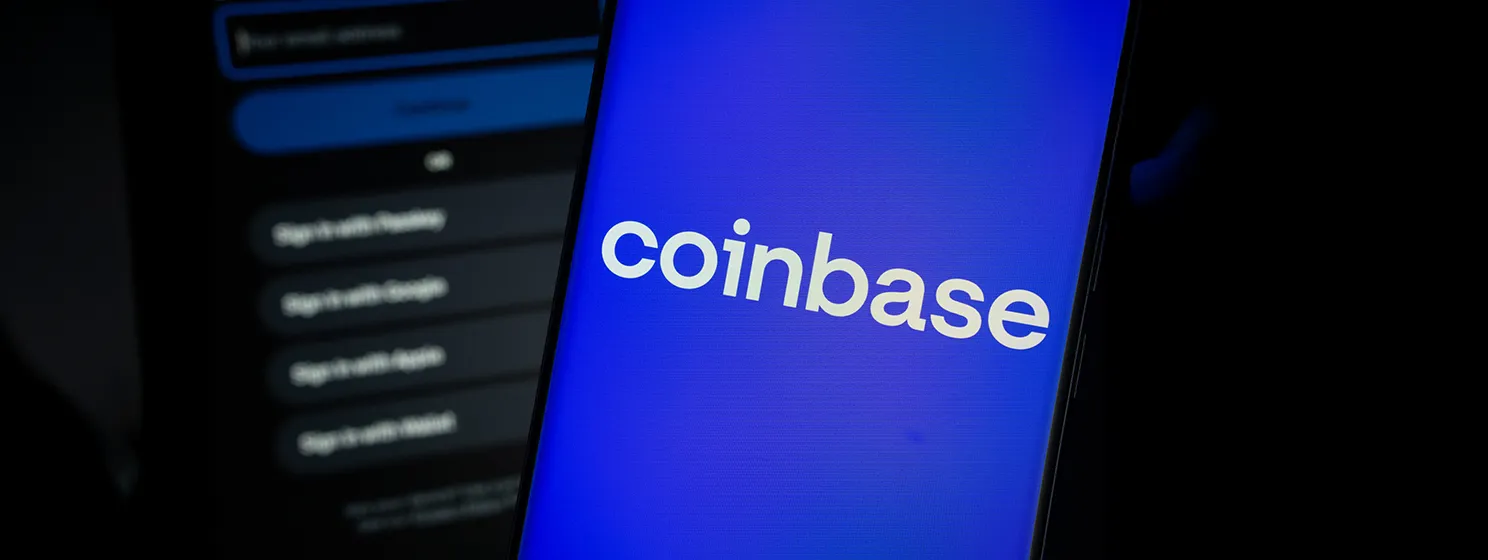|
Getting your Trinity Audio player ready...
|
Ava Labs’ founders are once again in damage control mode after the release of new damaging revelations about the company’s underhanded targeting of competitors.
The Crypto Leaks website dedicated to revealing unethical behavior by blockchain companies recently published an update on last year’s dramatic exposé of Ava Labs (Avalanche) and attorney Kyle Roche. This update claims, among other things, that Ava Labs employs an army of ‘astroturf’ social media accounts that target rival blockchains and anyone who dares publicly criticize Ava co-founder/CEO Emin Gün Sirer.
Crypto Leaks’ latest case—Rogue Project Disinformation—is centered on video interviews with Evan Richards, a former senior engineer at Ava Labs from November 2020 to May 2022. At one point, Evans tells Crypto Leaks that “I’m really scared of getting sued” by his former employers, yet he apparently feels strongly enough about what he witnessed to go on record with his claims.
Evans defined Avalanche as having a “vampire’s attitude,” i.e. looking to suck the lifeforce from “any chain with a higher market cap.” The Avalanche Bridge is specifically designed to encourage users of larger chains—primarily BTC and Ethereum—to transfer the value of their tokens by ‘wrapping’ them in an Avalanche exterior.
Using cross-chain bridges to wrap tokens in this fashion is extremely risky, as it expands the number of potential attack vectors. Many of the biggest exploits in the digital asset space have occurred via bridges, while bridges also serve as a popular means of laundering ill-gotten gains by obfuscating their digital trail.
The vulnerability of bridges necessitates their technical underpinnings being publicly verifiable, the better to instill trust in their use. Crypto Leaks notes that the Avalanche Bridge’s code is known only to five Ava Labs “partners,” an overly centralized design in which the mantra of ‘Don’t trust. Verify.’ is inverted. As Evans put it, if three of the five partners “were hacked or just decided to collude, they could print an arbitrary amount of money on the Avalanche network.”
Avalanche Bridge also relies on Intel SGX Enclave Technology, despite repeated incidents in which SGX vulnerabilities allowed bad actors to obtain encryption keys and other sensitive information. Ava Labs heavily promotes their bridge as embracing a multi-chain future while hinting at unspecified Web3 capabilities, neither of which appears to have a semblance of evidentiary support.
Also lacking evidence is the depth of truly independent development on Avalanche. Evans notes that the Pangolin decentralized exchange on Avalanche was “revealed by an investigator that it was in fact Avalanche … pretending not to be their own product.” This kind of subterfuge supports Evans’ characterization of Ava Labs’ leadership as preferring “back alley” tactics to support their projects.
Social sock puppets
To encourage users to ditch their original chains in favor of Avalanche, Evans claims Ava Labs isn’t above a little social subterfuge. He details a network of “Astroturfed fan accounts in places like Twitter, or in Telegram” whose users are allegedly paid “to boost [Ava Labs] coins in social media.”
Crypto Leaks calls these accounts Ava Labs’ ‘Astroturf Army’ and provides a link to a database comprising 1,293 Twitter profiles believed to be controlled by Ava Labs. Some are believed to be outright bots that simply obey their digital marching orders, while other accounts are “controlled by freelance operators, or direct contractors of Ava Labs, who often control several astroturf accounts each, and push general messaging that is centrally disseminated.”
In addition to “normal-looking” posts intended to minimize detection, Crypto Leaks offered examples of accounts tweeting near-identical praise for Ava Labs and pumping AVAX as the next token whose fiat value will soon rocket to the moon.
That token hype relieves Ava Labs’ founders from having to personally promote AVAX’s potential for sudden growth, efforts that could land them in regulatory hot water for promoting unregistered securities to an unsuspecting public.
The Astroturf Army is also useful for targeting Avalanche/AVAX competitors with public criticism, pointing out their perceived flaws compared to Avalanche/AVAX without any publicly verifiable involvement of company principals.
Crypto Leaks provided a screenshot of an Avalanche page detailing the rewards for so-called ‘Avangers’ who can “make videos, create infographics, high quality tweet threads, articles” that “show the advantages of Avalanche over the others.” Avangers who produce quality content can earn ‘Avalanche points’ and boost ‘Reputation’ scores, all of which can be later converted to AVAX tokens.
Crypto Leaks compares this Astroturf Army to China’s ‘Internet water army’ members, who are paid to promote products on Chinese-language sites. These opportunities have been embraced by individuals in other emerging nations who prioritize their own economic survival over issues of right or wrong.
Such tactics are similar to the Binance digital asset exchange’s Binance Angels, who were recently revealed to be instructing mainland China residents on ways to circumvent their country’s ‘great firewall’ in order to access the forbidden Binance site. As we’ll see, Binance Angels’ habit of slavishly singing the praises of exchange founder Changpeng ‘CZ’ Zhao has echoes in Ava Labs’ digital chorus.
Satoshi wannabe
The Astroturf Army appears dedicated to defending the honor and pumping the profile of Ava Labs co-founder Emin Gün Sirer. Following last August’s Crypto Leaks report, Sirer’s denial that Ava Labs would employ the “unlawful, unethical and just plain wrong behavior claimed in these self-serving videos” was immediately amplified by the Astroturf Army. These accounts apparently saw no irony in retweeting Sirer’s claims that Ava Labs’ tech and team “speak for themselves.”
But the Crypto Leaks report cited several Astroturf tweets that claimed such anti-competitive tactics were simply beneath the ‘Father of Blockchain’, an apparent reference to Sirer. Crypto Leaks previously revealed that Sirer has a ‘complex’ about wanting people to think that he is Satoshi Nakamoto, the pseudonymous author of the 2008 Bitcoin white paper.
Last August’s Crypto Leaks report featured Kyle Roche bragging about targeting Sirer’s “biggest archnemeses,” a reference to Dr. Craig Wright. Roche claimed that increased public recognition of Wright “drove Gün crazy” and spurred Sirer’s efforts to publicly tarnish the reputations of Wright and Bitcoin SV (BSV), the only protocol that remains true to the original Bitcoin design.
Avalanche’s origin story involves the release of a document detailing the protocol’s consensus mechanism under the authorship of an unknown ‘Team Rocket’. Evans says this anonymity appears to be an attempt to “steal and crib from the Satoshi Nakamoto origin story,” even though “it seems very clear that [Team Rocket is] Gün and Kevin [Seqniki, Ava Labs’ COO].”
Not that this is anything out of the ordinary. Evans claimed that Avalanche’s leadership “have sometimes been caught making, perhaps, bad faith, even provably false arguments” on Twitter regarding competitors’ technology. Evans further claimed that both Sirer and Seqniki were “volatile personalities” who end up “shouting at the screen” during all-hands meetings.
All of which has the effect of diminishing outsiders’ confidence in Ava Labs. Evans said the reality of the crypto space was that many individuals and entities “won’t interact with your project if you’ve ever been caught in a lie.” Which brings us back to…
Roche-n roulette
Last August’s report led to Kyle Roche being booted from Roche Freedman, the law firm he co-founded, based on the firm’s desire to distance itself from the underhanded and anti-competitive tactics that Roche was seen freely admitting to on Crypto Leaks’ surreptitiously filmed videos.
The law firm, which subsequently rebranded as Freedman Normand Friedland, is attempting to continue its lawsuits against a number of blockchain projects. But last August’s revelations caused the firm to be removed from a class action suit in New York after opposing counsel expressed ‘grave concerns’ over the firm’s motivations and continued involvement.
Roche’s initial response to the Crypto Leaks videos was to claim that they were “illegally obtained, highly edited video clips that are not presented with accurate context.” Roche later suggested that the videos were ‘subject to manipulation’ aka deep-fakes. Not surprisingly, these latter claims were rejected by a court as ‘self-evidently implausible,’ while another court flamed Roche’s “uniquely stupid” admissions of using the legal system to target Ava Labs’ competitors.
The videos featured Roche bragging that he and his former firm had been granted significant quantities of AVAX tokens, in addition to equity in Ava Labs. This obviously gave Roche and his firm a vested interest in pursuing these nuisance class action suits against rival protocols.
Roche also claimed the suits served as a means of getting a gander at rivals’ secret sauce via the lawsuits’ discovery requirements, while potentially offering U.S. regulators more tempting targets for prosecution than Ava Labs.
Sadly, Roche’s mix of Dutch courage and American idiocy resulted in his own self-inflicted downfall, a fall from grace that not even the Astroturfers could remedy.
As for whether any of this public humiliation might deter Sirer’s legal hatchet men from pursuing more frivolous litigation against Avalanche rivals, Evans strikes a resigned tone. “I would bet on it continuing in the future.” After all, these AVAX tokens aren’t going to pump themselves.
Watch: Callahan, MaGruder, Lee, and Reinhardt: Probing criminal acts

 05-10-2025
05-10-2025 





